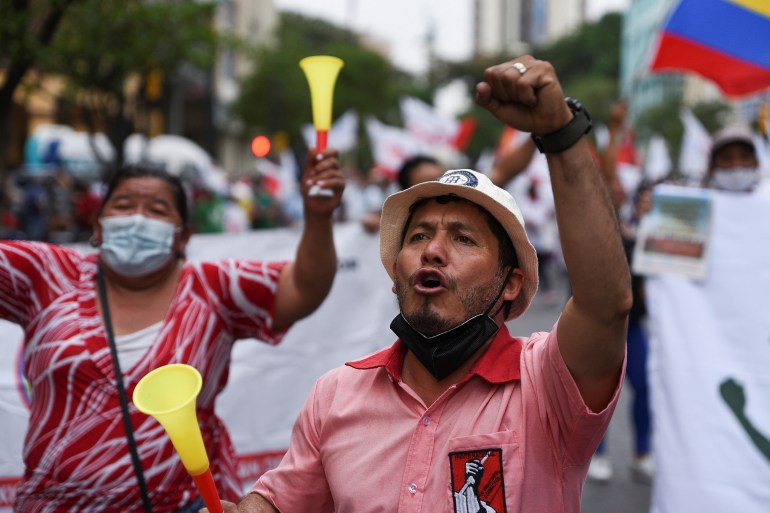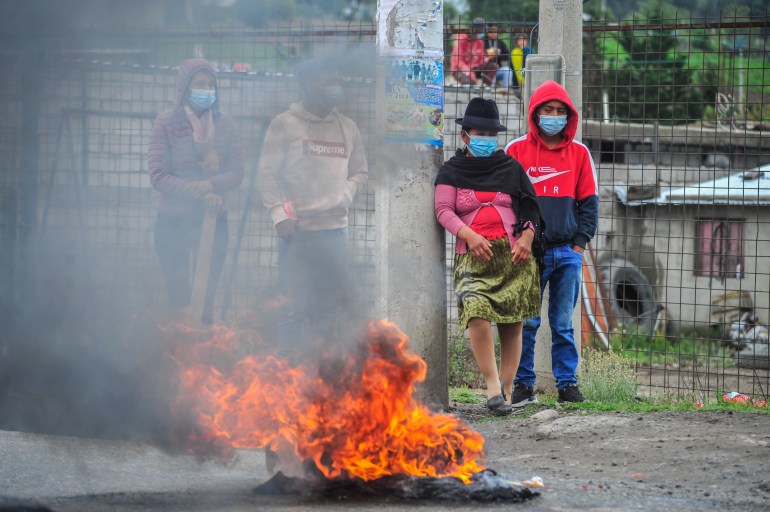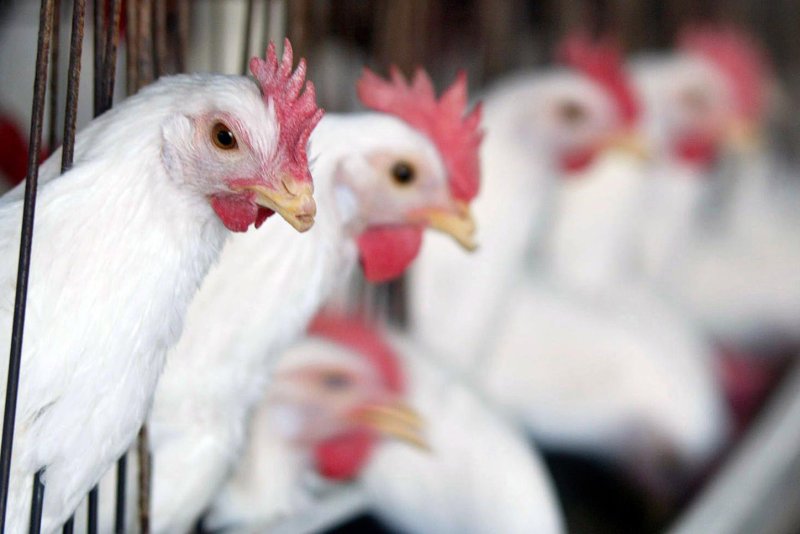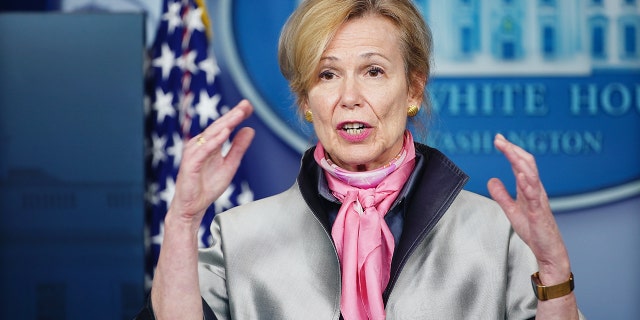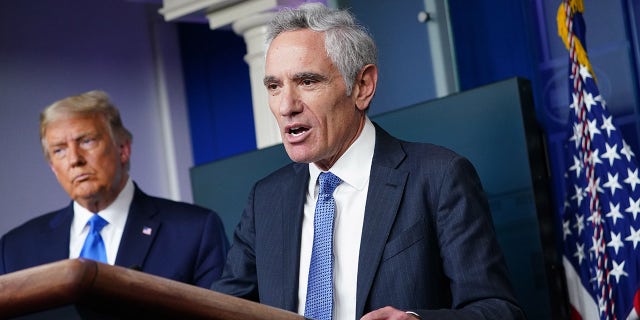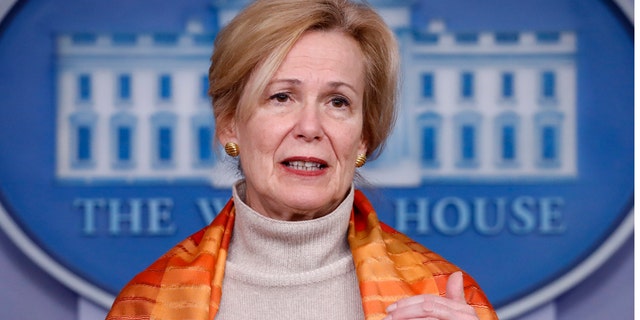EAT THE RICH OPPS DIFFERENT PARASITE
Lampreys: eel-like parasites beloved by Latvians




Lamprey prepared for roasting at Latvia's Salacgriva festival (AFP/Gints Ivuskans)
Imants LIEPINSH
Tue, October 26, 2021
At a cauldron bubbling away on a riverbank near Latvia's Baltic coast, a queue forms of visitors eager to taste the local delicacy -- a parasitic eel-like creature, the lamprey.
The animals, which feed by attaching themselves to herring and salmon and sucking their blood, were once a popular food in the Middle Ages but have gone out of fashion across much of Europe.
But in Latvia, they are still prized and celebrated at local festivals.
"When smoked or boiled in a soup, lampreys have a unique taste," said Laura Berzina, attending one autumn festival in the town of Salacgriva.
Berzina said she had travelled some 100 kilometres (60 miles) with her family for a taste of lamprey.
As for Nataliya Alexandrova, a retired accountant from Riga: "I was born in Russia but living in Latvia has made me appreciate this fantastic food."
A kilo of lamprey in a typical Latvian supermarket costs up to 30 euros ($35) -- nearly four times more than an average kilo of beef.
According to BIOR, a food safety and animal health institute in Riga, around 50 tonnes of lamprey are caught every year in Latvia.
Despite being parasites that prey on saltwater fish, lampreys have found their way into the official symbols of coastal towns in the EU member state of 1.9 million people.
The European Commission has even included them on its list of food and drink products with "protective designation of origins", alongside the likes of French champagne and Greek feta cheese.
In Britain, lampreys have a strong association with the royal family.
A lamprey binge is said to have been the reason for the death of King Henry I of England in 1135.
Lamprey pies are served up to this day for crowned heads in the kingdom.
- 'Like it has been for centuries' -
Lampreys hatch in the rivers that flow into the Baltic Sea, then migrate to feed on fish and are generally caught when they return to the rivers after seven or eight years to mate.
Fishermen use nets attached to temporary wooden constructions called "tacis" -- footbridges made of wooden booms and planks that stretch across rivers.
"Each spring, when the ice on the river melts away, we rebuild our tacis," Aleksandrs Rozenshteins, owner of a small specialised lamprey fishing company, told AFP.
The catch usually arrives when autumn storms push the lampreys from the sea back into the rivers.
Since lampreys move only at night, fishermen check their nets in the morning.
"It may vary from nothing or just a few kilos to several hundred kilos," Rozenshteins said.
The "tacis" are then taken down for the winter.
By law, nets may cover only two-thirds of the river's width to allow other life forms in the stream to move freely.
The only difference now from the fishing traditions of the past is the use of factory-produced nets rather than traps made of fir branches.
"Regardless of whether the lampreys are smoked, grilled or boiled in a cauldron, we keep all the fishing and cooking process just like it has been for centuries," Rozenshteins said.
il/dt/gd
Imants LIEPINSH
Tue, October 26, 2021
At a cauldron bubbling away on a riverbank near Latvia's Baltic coast, a queue forms of visitors eager to taste the local delicacy -- a parasitic eel-like creature, the lamprey.
The animals, which feed by attaching themselves to herring and salmon and sucking their blood, were once a popular food in the Middle Ages but have gone out of fashion across much of Europe.
But in Latvia, they are still prized and celebrated at local festivals.
"When smoked or boiled in a soup, lampreys have a unique taste," said Laura Berzina, attending one autumn festival in the town of Salacgriva.
Berzina said she had travelled some 100 kilometres (60 miles) with her family for a taste of lamprey.
As for Nataliya Alexandrova, a retired accountant from Riga: "I was born in Russia but living in Latvia has made me appreciate this fantastic food."
A kilo of lamprey in a typical Latvian supermarket costs up to 30 euros ($35) -- nearly four times more than an average kilo of beef.
According to BIOR, a food safety and animal health institute in Riga, around 50 tonnes of lamprey are caught every year in Latvia.
Despite being parasites that prey on saltwater fish, lampreys have found their way into the official symbols of coastal towns in the EU member state of 1.9 million people.
The European Commission has even included them on its list of food and drink products with "protective designation of origins", alongside the likes of French champagne and Greek feta cheese.
In Britain, lampreys have a strong association with the royal family.
A lamprey binge is said to have been the reason for the death of King Henry I of England in 1135.
Lamprey pies are served up to this day for crowned heads in the kingdom.
- 'Like it has been for centuries' -
Lampreys hatch in the rivers that flow into the Baltic Sea, then migrate to feed on fish and are generally caught when they return to the rivers after seven or eight years to mate.
Fishermen use nets attached to temporary wooden constructions called "tacis" -- footbridges made of wooden booms and planks that stretch across rivers.
"Each spring, when the ice on the river melts away, we rebuild our tacis," Aleksandrs Rozenshteins, owner of a small specialised lamprey fishing company, told AFP.
The catch usually arrives when autumn storms push the lampreys from the sea back into the rivers.
Since lampreys move only at night, fishermen check their nets in the morning.
"It may vary from nothing or just a few kilos to several hundred kilos," Rozenshteins said.
The "tacis" are then taken down for the winter.
By law, nets may cover only two-thirds of the river's width to allow other life forms in the stream to move freely.
The only difference now from the fishing traditions of the past is the use of factory-produced nets rather than traps made of fir branches.
"Regardless of whether the lampreys are smoked, grilled or boiled in a cauldron, we keep all the fishing and cooking process just like it has been for centuries," Rozenshteins said.
il/dt/gd







